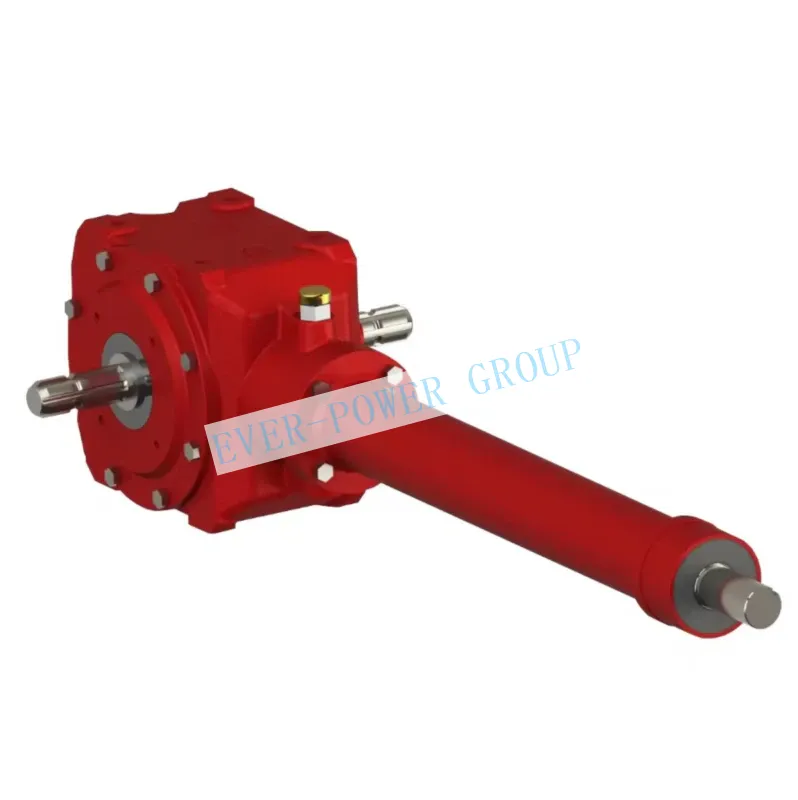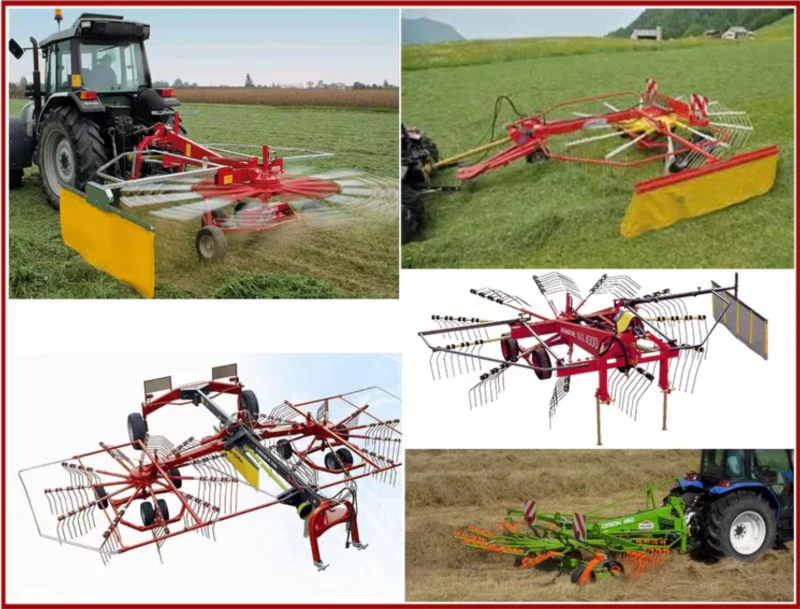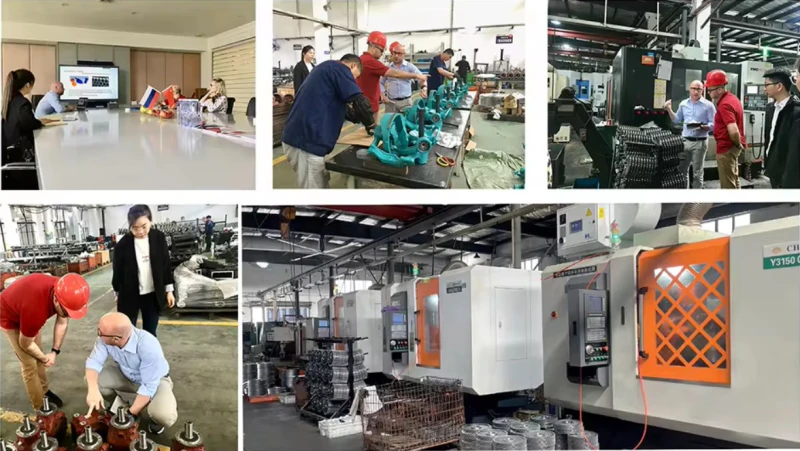Agricultural Gearbox Adaptations
1. Introduction
In the world of agriculture, gearboxes play a crucial role in driving various machinery and equipment. Agricultural gearbox adaptations have become increasingly important, as they enable farmers to optimize their tools and enhance productivity. In this article, we will explore the different adaptations available for agricultural gearboxes and their benefits in the farming industry.
2. Importance of Agricultural Gearbox Adaptations
Agricultural gearbox adaptations offer farmers the flexibility to customize their machinery according to specific needs. These adaptations not only improve the performance and efficiency of the equipment but also extend its lifespan. Let’s delve into some key adaptations and their advantages:
2.1. Variable Speed Adaptation
Variable speed adaptation allows farmers to adjust the machinery’s speed based on the requirements of different tasks. This feature is particularly useful in applications where different speeds are needed for optimal performance. By utilizing a variable speed gearbox, farmers can achieve improved precision and control, resulting in enhanced productivity.
2.2. Torque Amplification Adaptation
Torque amplification adaptation enables the gearbox to generate higher torque output, which is beneficial in heavy-duty agricultural operations. This feature allows for increased power transmission, enabling the machinery to handle more demanding tasks effectively. With torque amplification, farmers can tackle challenging farming activities with ease and efficiency.
2.3. Reverse Rotation Adaptation
Reverse rotation adaptation allows the gearbox to change the direction of rotation, providing farmers with greater versatility in their operations. This feature is particularly valuable in situations where the machinery needs to perform tasks in both forward and backward directions. With reverse rotation adaptation, farmers can save time and effort by eliminating the need for additional equipment.
2.4. Differential Lock Adaptation
Differential lock adaptation locks the differential mechanism in the gearbox, ensuring that both wheels of the machinery rotate at the same speed. This adaptation is crucial in situations where enhanced traction is required, such as when operating on uneven terrains or in challenging soil conditions. With differential lock adaptation, farmers can maintain better control and stability, leading to improved efficiency and reduced slippage.
2.5. Overload Protection Adaptation
Overload protection adaptation safeguards the machinery from damage caused by excessive stress or load. This adaptation is essential in preventing gear wear, breakage, and other potential issues that can arise from overloading. By incorporating overload protection in agricultural gearboxes, farmers can ensure the longevity and reliability of their equipment, reducing maintenance costs and downtime.
3. Company Promotions and Introduction


In conclusion, agricultural gearbox adaptations provide farmers with invaluable customization options to enhance the performance and efficiency of their machinery. Our company, a leading player in the Chinese gearbox market, offers a wide range of high-quality products, including agricultural gearboxes, mower gearboxes, replacement comer gearboxes, tiller gearboxes, and greenhouse motors. With over 300 sets of advanced CNC production equipment and automated assembly facilities, we are committed to delivering exceptional products, competitive prices, and excellent customer service. We also welcome customization requests based on customer specifications.

Q&A:
-
Q: How do agricultural gearbox adaptations improve productivity?
A: Agricultural gearbox adaptations, such as variable speed and torque amplification, enhance machinery performance, allowing farmers to complete tasks more efficiently and precisely. This ultimately leads to increased productivity and output. -
Q: Can reverse rotation adaptation be beneficial in specific farming practices?
A: Yes, reverse rotation adaptation is advantageous in tasks that require machinery to operate in both forward and backward directions. It eliminates the need for additional equipment, saving time and effort for farmers. -
Q: Why is overload protection adaptation important for agricultural gearboxes?
A: Overload protection adaptation prevents gear wear, breakage, and other potential damage caused by excessive stress or load. By implementing overload protection, farmers can ensure the longevity and reliability of their equipment, reducing maintenance costs and downtime.